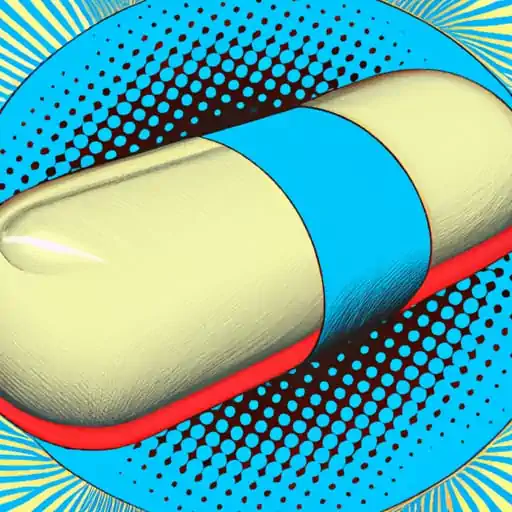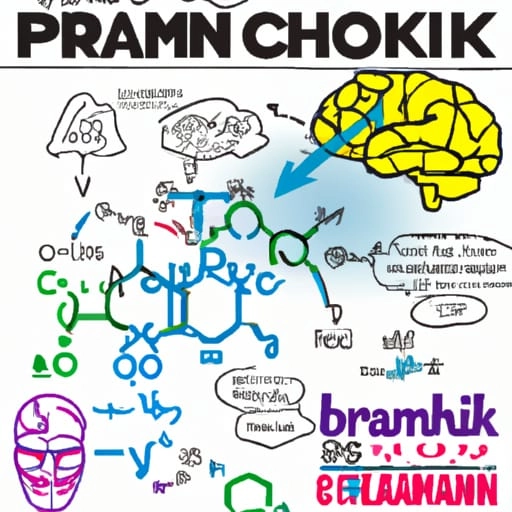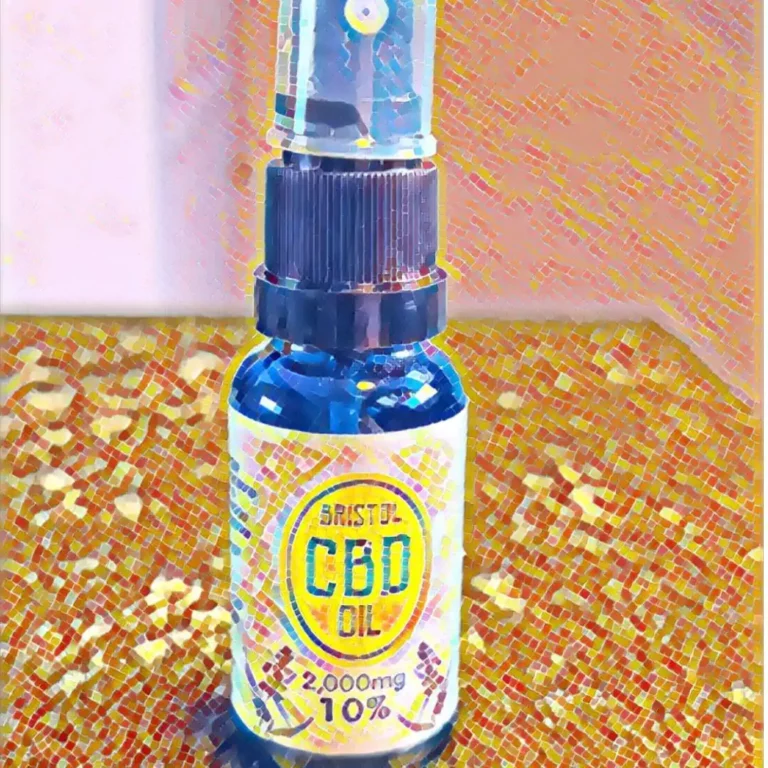can anxiety be caused by hormones?

Can anxiety be caused by hormones? For centuries, people have been debating the connection between hormones and anxiety. Is there really a link between the two? And if so, what role do hormones play in anxiety? This blog seeks to answer these questions by reviewing the evidence and discussing the implications of this relationship. By understanding how hormones work and how they can affect anxiety levels, you can make more informed decisions about your health and well-being.
What Are Hormones?
Hormones are chemicals that are produced by the body in response to stimuli like stress, anxiety, or excitement. They act as chemical messengers between different bodily symptoms and are produced in glands in the body, such as the thyroid gland, the adrenal gland or the pituitary gland.
Hormones can play a role in a variety of health conditions, both physical and mental, such as social anxiety disorder, depression, and reproductive health. In autoimmune diseases, hormone imbalance causes chronic inflammation.
There are five main types of steroid hormone: testosterone (androgen), estradiol (oestrogen), progesterone (progestin), cortisol/corticosterone (glucocorticoid), and aldosterone (mineralocorticoids).
But can anxiety be caused by hormones? Good question.
Are Hormones Responsible For Anxiety?
There is a lot of controversy surrounding the relationship between hormones and anxiety, but that doesn’t mean that there isn’t some evidence to support the link. In fact, some studies have shown that women who are pregnant or breastfeeding experience more anxiety symptoms. Premenstrual Syndrome (PMS), or premenstrual dysphoric disorder, is related to fluctuations in female hormones. So, yes, hormone imbalances may be one of the causes of anxiety, and these can be the changes in estrogen levels seen in the menstrual cycle.
Progesterone and estrogen are the hormones responsible for menopause symptoms. Low estrogen creates the common symptoms of menopause when some women start feeling anxious, depressed or irritable, or even have frequent panic attacks as their hormone levels change.
Menopause is when women naturally stop having periods after giving birth to babies or taking drugs that suppress ovulation such as progestin-only hormonal contraceptive pills (the pill). The drop in these natural body chemicals significantly affects how women’s moods fluctuate, including anxiety and depression. The period before and after menopause is known as the “perimenopause.”
When women have babies, there are significant changes in female hormones which occur in the postpartum period which can lead to a postpartum depression and anxiety.
Other research has shown that hormones can play a role in triggering symptoms of anxiety and panic disorder in certain people.
If you believe hormonal changes are behind your anxiousness, there are treatments available that can help address the issue. So, don’t panic—and keep an open mind about the potential causes of your anxiety—you might just find the answer you’ve been looking for.
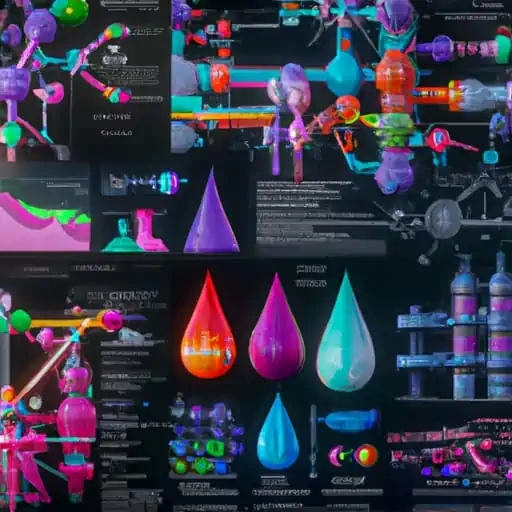
Is Anxiety A Chemical Imbalance?
The idea that anxiety is a chemical imbalance has been around for centuries, and it remains one of the most popular theories about the cause of anxiety.
However, many experts agree environmental factors like stress can play a role in triggering anxiety disorders.
So, if you’re struggling with severe anxiety, speaking with your doctor about hormone irregularities may be a good idea.
In the early 1990s serotonin was discovered to be an important brain chemical. in the nervous system. Its role in mood and behavior is still being researched today, but levels of serotonin play a key role in regulating anxiety.
Serotonin works with other neurotransmitters such as epinephrine (adrenaline) and norepinephrine (noradrenaline) to maintain normal levels of these chemicals both within your body and throughout its neural pathways which transmit signals from one nerve cell to another via the synapses, or gaps between nerve cells.
What Is The Difference Between Hormones And Neurotransmitters (If Both Are Involved In Mood And Anxiety)?
Endocrine glands create hormones, which are then secreted into the bloodstream, such as from the adrenal gland.
Neurotransmitters are released from nerve cells.
Hormones are transported through the bloodstream.
Neurotransmitters are delivered throughout the synaptic cleft between nerve cells.
Both cause physical symptoms.
Do Different Hormones Cause Different Levels Of Anxiety?
There are many people out there who believe that different hormones cause different levels of anxiety.
The answer is still unknown, but research is ongoing to help clarify the matter.
What we strongly believe is that hormones like estrogen and testosterone play a role in the development of anxiety disorders.
Some people believe that estrogen creates more anxiety than testosterone does.
Prenatal hormones like oxytocin have been linked to both reduced and increased anxiety in adults.
Can Anxiety be Caused by Hormones Out of Sync?
Hormonal imbalance is a topic that divides people. Some believe that hormonal imbalances can cause anxiety disorders, while others maintain that the root cause of anxiety lies elsewhere.
Some scientists believe that elevated levels of the hormone estrogen may trigger anxiety symptoms in women.
Should Women Undergo Hormone Tests To Check Their Levels?
There is a growing concern that women who are taking hormone replacement therapy (HRT) might be at an increased risk of developing breast cancer.
Some women choose to have hormone tests done yearly just to make sure they are not putting themselves in any extra danger.
Study Suggests Lower Levels Can Lead To Low Mood.
A recent study published in the journal Nature has reignited the debate by suggesting that lower levels of certain hormones are associated with a higher risk of developing depression or bipolar disorder.
The study was small and did not include women or transgender individuals, so it’s still unclear how hormone derangement might contribute to anxiety in these groups of people.
More research is needed before we can say for sure whether low levels of hormones are actually linked to increased risk of mental health issues. In the meantime, it’s important to be aware of the potential risks and take things slow if you’re considering hormone replacement therapy.
If you are struggling with anxiety, it is important to cut out all forms of caffeine—even small amounts of caffeine can have an impact and caffeine lingers in the body for a long time.
There has been a lot of discussion recently about the potential link between hormones and mood disorders. A new study suggests that, sometimes, imbalances of sex hormones might be to blame.
If you are currently taking hormones, talk to your doctor first about the risks and benefits of continuing with them.
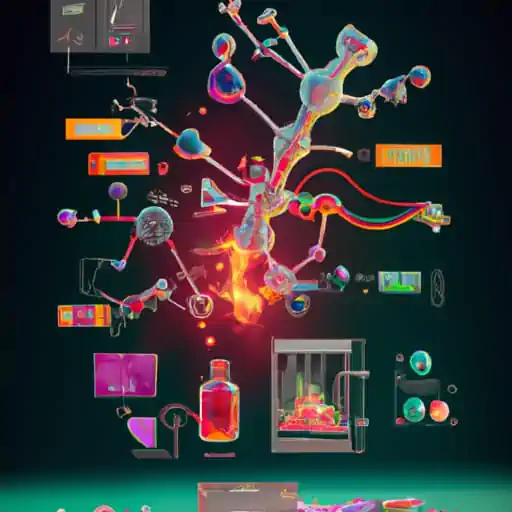
Progesterone And Estrogen
There are the female sex hormones linked to the reproductive system.. There is a long-standing debate about whether hormones like progesterone and estrogen cause anxiety. Some people argue that fluctuations in hormone levels can be caused by lifestyle choices, such as stress or dieting. Differences in levels of testosterone and progesterone and estrogen create sex differences in humans. Low progesterone may be implicated in low mood.
Stress Hormones
Recently, a study published in the journal JAMA Psychiatry has suggested that people with lower cortisol levels may be more prone to developing mood disorders.
The study was conducted on over 3000 people and found that those with reduced levels of cortisol were twice as likely to develop an anxiety disorder than those who had higher levels.
Cortisol is a major player in the “fight or flight” response. This response is a natural reaction to stress, and it makes us feel anxious and tense. In fact, cortisol secretion peaks in the morning and decreases as the day goes on. This means that it’s important to manage stress throughout the day. Stressors include feelings of vulnerability and not just to physical assault, but to emotional assault, too.
Chronic stress levels cause adrenalin to secrete from the adrenal glands and may lead to the depletion of cortisol and adrenal fatigue syndrome.
Testosterone
Testosterone is a hormone that’s associated with masculinity and aggression. It plays important roles in the endocrine system. Some people argue that high levels of testosterone are a cause of anxiety, while others argue it is not the root cause.
We don’t yet have all the answers, but what we do know is that ‘Test’ or ‘T’ is an important hormone that plays a role in many aspects of our lives. Low testosterone levels are associated with lower sex drive and motivation, and reduced testosterone levels can lead to hair loss and muscle wastage.
Thyroid Hormones
Thyroid hormones are responsible for a variety of important bodily functions, like regulating the body’s metabolism and energy levels. Sometimes, however, thyroid dysfunction can lead to anxiety symptoms. The thyroid is a butterfly-shaped gland in the throat and can go wrong in two directions. Overactive thyroid — hyperthyroidism — is where there is too much thyroid hormone, and this creates anxiety. An underactive thyroid — or hypothyroidism — is associated with lethargy and depression.
We know an imbalance affects mood and anxiety regulation. Thyroid imbalance can be treated with medication or a thyroidectomy, and can often improve anxiety symptoms. High levels of thyroid can increase blood pressure and increased heart rate and feelings of anxiety as if you were being faced with a stressful event
Oxytocin
Oxytocin is known as the hormone that makes people feel love, closeness, and happiness. It’s even being tried as a drug to treat anxiety. But new research shows that oxytocin can also make people feel sad. Oxytocin seems to be the reason why stressful social situations, like being bullied at school or being mistreated by a boss, can make you feel scared and anxious in the future. This is because the hormone makes the brain’s social memory stronger and thus may have a role in social anxiety.
Is There A Way To Reduce Or Stop Anxiety With Hormones?
There is still much debate over whether hormones can reduce or stop anxiety symptoms. Some people believe that hormone therapy may be harmful and could lead to long-term side effects. However, there are some strategies that can reduce hormone-related symptoms, but it’s still unclear if they work long term.
It’s important to talk to your doctor about how hormone therapy might be beneficial for you.
However, it’s important to be aware of the potential risks involved and to weigh them against the potential benefits before deciding.
Pros And Cons Of Hormone Replacement Therapy For Treating Anxiety
There are a lot of pros and cons to the use of hormone replacement therapy (HRT) for treating anxiety. While it appears to be an effective treatment method for some people, there are also potential side effects that should be considered before starting treatment.
It is still controversial whether HRT is truly effective in reducing anxiety symptoms—however, many people report positive outcomes after using this type of therapy.

Other Treatments For Anxiety
In my practice, if a woman comes in suspecting her anxiety is because of hormonal imbalance, we will investigate whether we can find such an imbalance. A key sign in women’s health is whether there are physical signs of hormonal imbalance, such as sweats hot flushes (hot flashes in the United States) and insomnia. We can order a simple blood test.
If we find a problem with hormone function, we treat give hormone treatment. Often, this is through giving birth control pills. However, there are cases when a woman cannot be treated with HRT, due to increased cancer risk or personal history or family history of cancer.
In these cases, we would treat anxiety as anxiety, and offer cognitive behavioral therapy, or other kinds of psychological input, or consider antidepressants or anti-anxiety medication. Lifestyle changes should be considered and we know these halp the psychological symptoms of anxiety-related disorder, reduce levesl of stress and improvce symptoms of depression. As always, speak to your healthcare provider. Alternative therapies such as yoga, meditation, relaxation techniques or even reiki might help some people.
Conclusion
As you can see, there is a lot of debate about hormones and anxiety. But dysregulation of the hormone balance can lie behind many medical conditions and produce different effects in the digestive system, changes in blood sugar, different mental health conditions, mood changes, mood swings, high blood pressure, changes in body temperature and many physical changes.
While it is undeniable that hormones play a role in anxiety, particularly in women’s health, there is still much to be understood about the intricate relationship between hormones and mood.
If you are experiencing higher levels of stress and are concerned that your anxiety might be because of hormones, the first step and the best way is to seek a medical opinion.
Related Posts On This Blog
Can Taking Bacopa Improve Your Memory?
Does The Nootropic Rhodiola Increase Energy and Endurance?
References:
https://link.springer.com/article/10.1007/s11920-020-01221-9
https://www.sciencedirect.com/science/article/abs/pii/S1569733907000215



